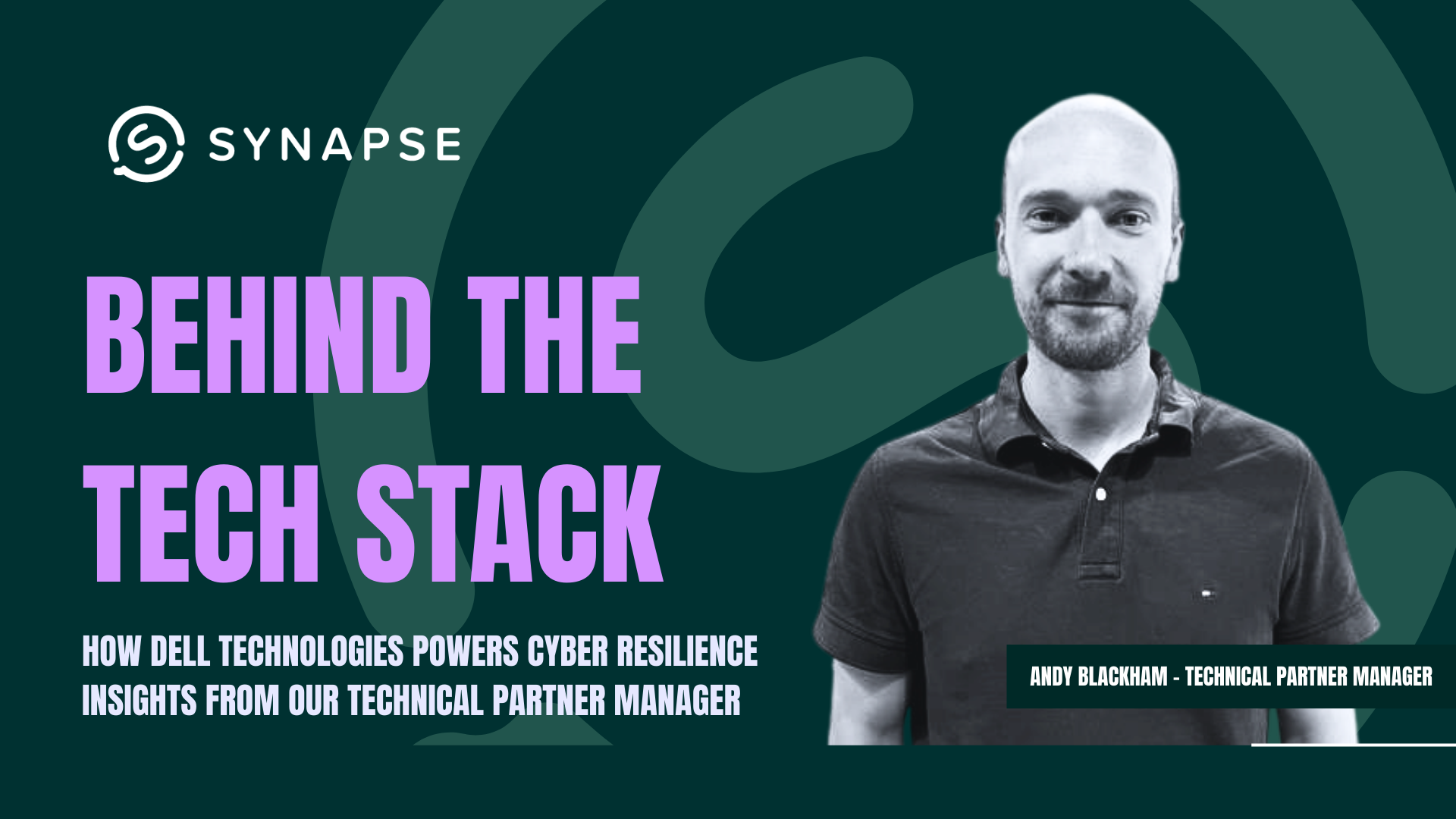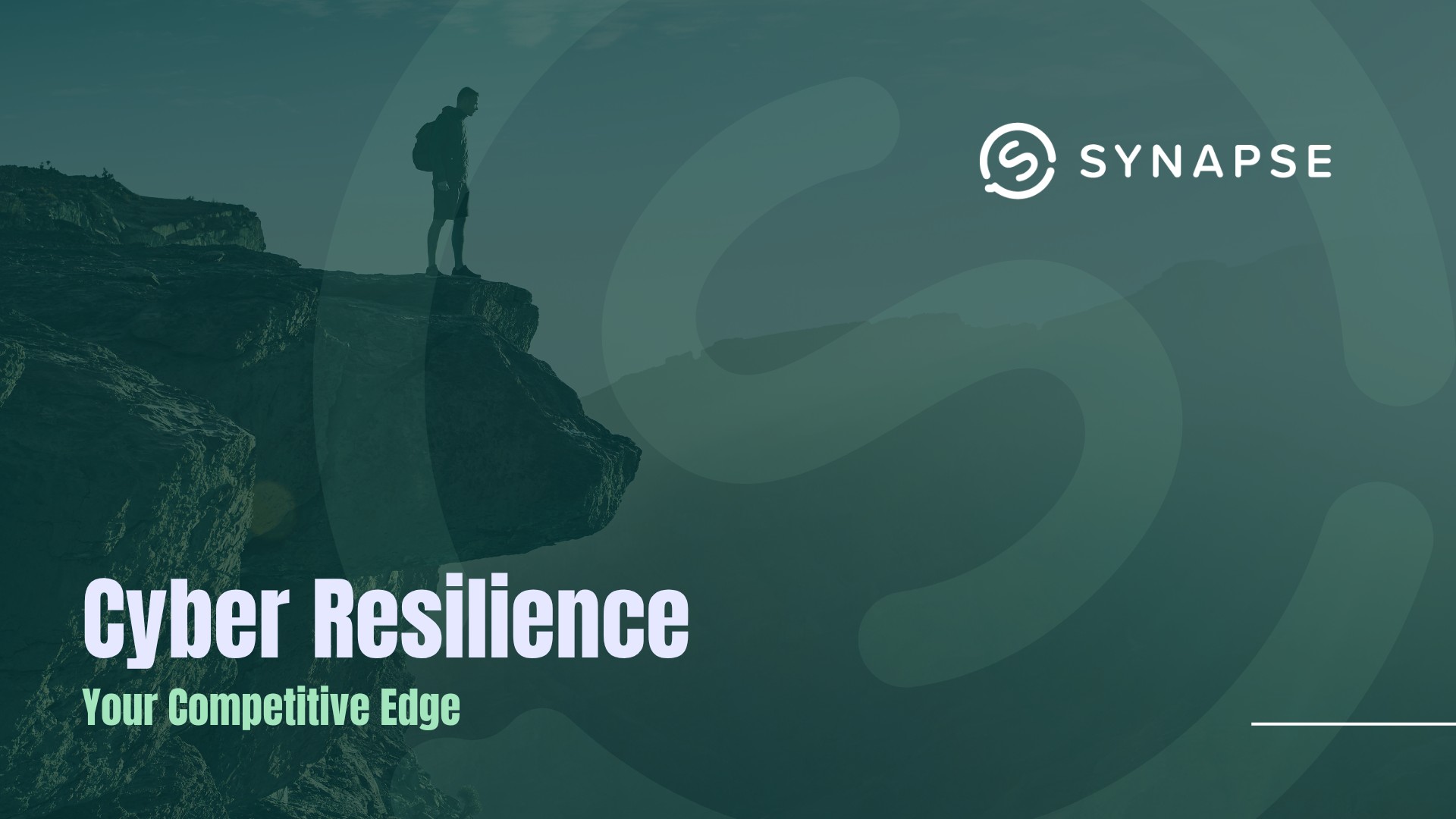
There are very few technological advancements have garnered as much attention and excitement as Generative Artificial Intelligence (GenAI). From generating realistic images to composing intricate pieces of music, GenAI systems are reshaping industries and pushing the boundaries of what's possible. However, with these groundbreaking capabilities comes a considerable demand for data – vast, diverse, and ever-expanding datasets that fuel the intelligence behind GenAI.As GenAI systems continue to evolve and tackle increasingly complex tasks, traditional storage solutions are finding it challenging to keep pace with the escalating data requirements. The solution? Enter hybrid cloud storage – a strategic approach that blends the scalability and flexibility of the cloud with the control and security of on-premises infrastructure.The rise of GenAI has prompted a significant transition in storage strategies across enterprises. Organisations are increasingly recognising the limitations of traditional storage paradigms and turning to hybrid cloud solutions to meet the unique demands posed by GenAI applications. But, why the shift? Let's delve deeper.GenAI applications thrive on data – and lots of it. Whether it's training networks to recognise patterns in images or understanding the nuances of human language, GenAI systems require access to vast and diverse datasets. Traditional on-premises storage systems, while robust and secure, often struggle to provide the scalability and flexibility required for handling such dynamic and multifaceted data. On the other hand, cloud storage offers the scalability needed to accommodate the growing volumes of data generated by GenAI applications. However, concerns around data sovereignty, latency-sensitive operations, and security often linger.Hybrid cloud storage offers a balanced solution that leverages the best of both worlds. By blending on-premises infrastructure with cloud-based resources, organisations can effectively manage the complexities of GenAI data while addressing security, compliance, and cost-efficiency concerns. This hybrid approach provides the ability to handle large volumes of data generated by GenAI applications while ensuring that critical data remains under the organisation's control.The benefits of hybrid cloud storage in the GenAI era extend beyond mere convenience – they're strategic imperatives. The flexibility of the cloud enables organisations to experiment with and deploy GenAI applications rapidly, while retaining on-premises storage ensures that sensitive data is managed and protected effectively. In essence, hybrid cloud storage is emerging as a foundational component in the GenAI era, facilitating innovation while safeguarding the integrity and security of enterprise data.But navigating the GenAI era with hybrid cloud storage isn't without its challenges. From technical integration complexities to security and compliance concerns, organisations must overcome various obstacles to fully leverage the potential of hybrid storage solutions. However, by investing in skilled personnel, partnering with experienced vendors, and implementing advanced security measures, organisations can effectively manage the complexities of hybrid cloud storage and harness its full potential in the GenAI era.As GenAI continues to advance and integrate deeper into various sectors, the role of hybrid cloud storage becomes ever more critical. This strategic shift in storage strategies is not just a response to technological advancements – it's a testament to the dynamic nature of innovation and the continuous adaptation required to stay at the forefront of the GenAI revolution. In navigating the GenAI era, hybrid cloud storage emerges as a beacon of innovation, empowering organisations to unlock the full potential of artificial intelligence while ensuring the security and integrity of their data.
Blog & Articles
Posts



